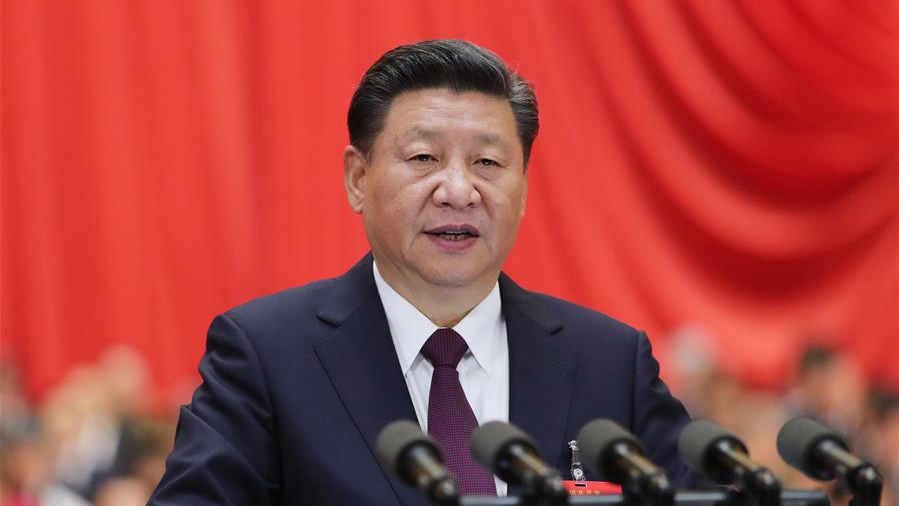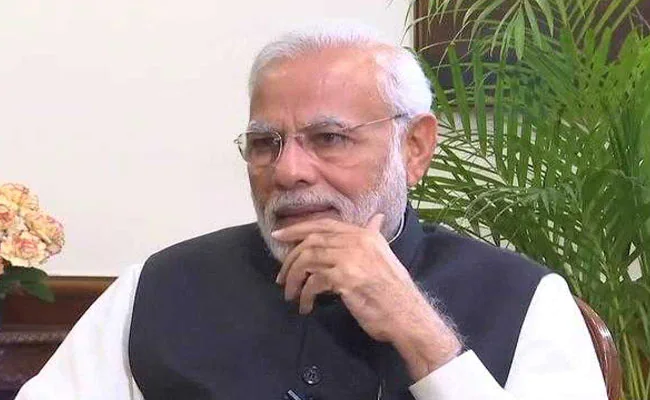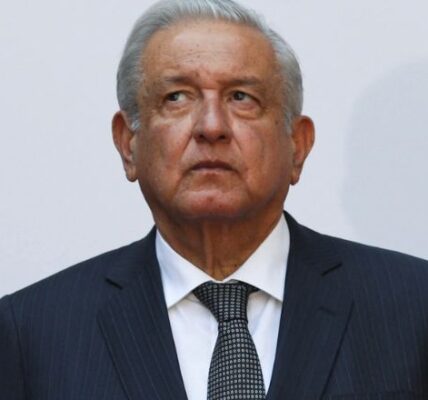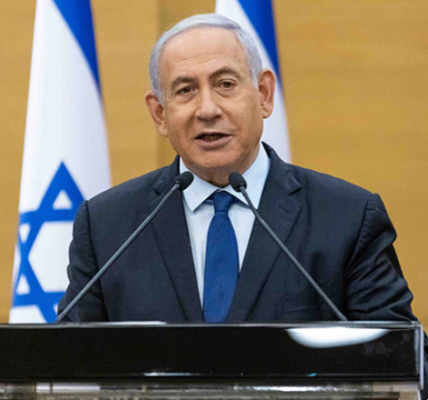Early Life and Political Ascendance
Xi Jinping’s journey to becoming the paramount leader of China is rooted in his early life experiences and his gradual rise through the ranks of the Chinese Communist Party (CCP). Born in 1953 in Beijing to Xi Zhongxun, a prominent revolutionary and politician, Xi Jinping grew up immersed in the tumultuous political landscape of post-revolutionary China. His father’s influence likely played a significant role in shaping Xi’s own political ambitions and worldview.
Xi’s political career began to take shape in the early 2000s when he was appointed as the party chief of Zhejiang province. Known for his effective governance and emphasis on economic development, Xi quickly garnered attention from party leaders and was promoted to the Politburo in 2007. This marked the beginning of Xi’s ascent to the upper echelons of Chinese politics.

Rise to Prominence
In March 2008, Xi was elected as vice president of China, a position that solidified his status as a rising star within the party. During his tenure as vice president, Xi focused on conservation efforts and worked to improve international relations, showcasing his diplomatic skills and broad range of interests.
Xi’s political influence was further bolstered in October 2010 when he was named vice chairman of the Central Military Commission (CMC), a powerful position that positioned him as a key player in China’s military affairs. This appointment, once held by his predecessor Hu Jintao, marked a significant milestone in Xi’s political career and set the stage for his eventual ascension to the presidency.
Consolidation of Power
Upon assuming the role of general secretary of the CCP in November 2012, Xi wasted no time in consolidating his power and implementing his vision for China. One of his first initiatives was a nationwide anti-corruption campaign, which saw the removal of thousands of officials at all levels of government. This campaign, aimed at rooting out corruption within the party, served to strengthen Xi’s own political standing and eliminate potential rivals.
Under Xi’s leadership, China became increasingly assertive on the international stage, particularly in its territorial disputes in the South China Sea. Despite international criticism, Xi remained steadfast in his commitment to upholding China’s sovereignty and promoting its interests abroad.
In October 2016, Xi’s authority within the party was further solidified when he was bestowed with the title of “core leader,” a designation previously held only by influential party figures such as Mao Zedong and Deng Xiaoping. This title elevated Xi’s stature within the party and signaled his dominance over party affairs.
Enshrining Xi Jinping Thought
In March 2018, Xi’s ideology, known as “Xi Jinping Thought on Socialism with Chinese Characteristics in a New Era,” was enshrined in the party’s constitution—an honor previously reserved only for Mao Zedong. This move further elevated Xi’s status within the party and cemented his place in Chinese history.
Xi’s power and influence were further bolstered in 2021 when the CCP passed a historical resolution praising his leadership and accomplishments. This resolution, only the third of its kind in the party’s history, solidified Xi’s position as a significant figure in the party’s history and ensured his legacy for years to come.
Unprecedented Third Term
In October 2022, Xi was unanimously elected to a historic third term as general secretary of the CCP, further consolidating his power within the party. On the same day, the party unveiled the 20th Politburo Standing Committee, which, in addition to Xi, consisted of six Xi loyalists. This move underscored Xi’s dominance over party politics and his ability to ensure the loyalty of key party members.
On March 10, 2023, Xi also secured an unprecedented third five-year term as president of China, a development that was widely expected after the Chinese constitution was amended in March 2018 to remove the two-term limit on the presidency. As the only candidate, Xi garnered the votes of all 2,952 delegates to the Congress to remain the head of state.
Legacy and Future Prospects
Throughout his political career, Xi Jinping has demonstrated a remarkable ability to navigate the complexities of party politics and consolidate power within the CCP. His leadership style, characterized by a combination of pragmatism and assertiveness, has reshaped China’s political landscape and positioned the country as a major player on the world stage.
As Xi enters his third term as president, his influence on China’s domestic and foreign policy is likely to continue shaping the country’s trajectory for years to come. With his unprecedented consolidation of power and his status as one of the most powerful leaders in modern Chinese history, Xi Jinping’s legacy is poised to endure long after his time in office has ended.





